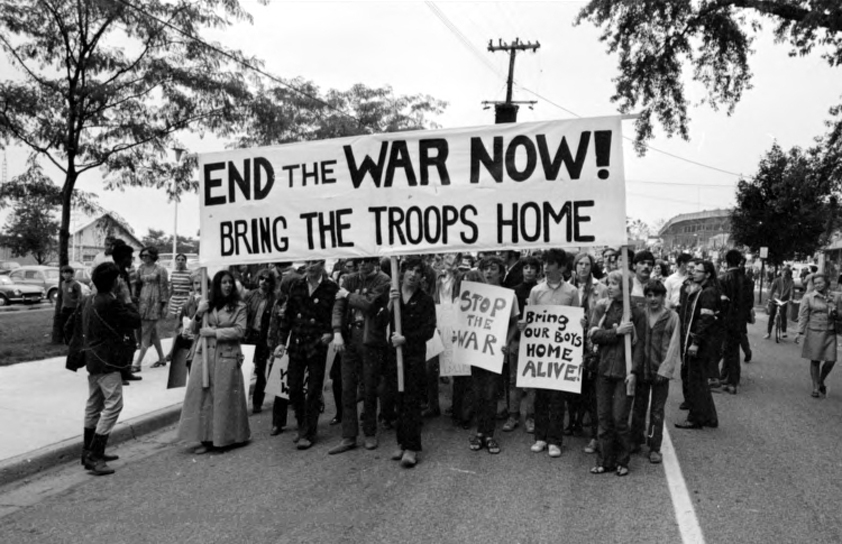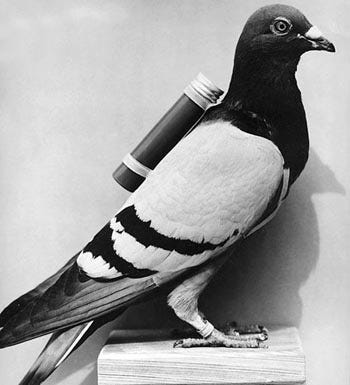Privacy: How Private Are You Really?
There were a lot of issues raised in the ted talks delving into our privacy and how private we really are. The first ted talker discussed the ideas that companies such as Facebook, Google, Amazon, etc. are just electronic tattoos that keep information on you, that they can say a lot of things without words. The idea that electronic tattoos can also be a shadow of immortality, as the data it collects will far outlast our physical bodies in this digital world. He also discussed facial recognition being able to identify people in a photo simply based off their face.
It has become so advanced that people are able to take a picture, get a name, and download all information available on that person without speaking a single word. Companies like face.com, which I never heard of, is a company that does exactly that. In 2012 they sold to Facebook, allowing them to have all that data. Companies also used face.com tech to find out someones shopping preferences, like if the camera in the store tells the sales associates that their customer likes black dresses, they can go out and say we have x amount of black dresses we think would look great on you.
The government uses the police to track what is called location information, which means they can see things such as where you travel, if you go to a therapist, AA meetings, or if you do or do not go church, etc. The Police use this information to make decisions about who you are and essentially how they will treat you. They have automatic license plate readers, mounted on roads, police cars, everywhere and the police keep records of every plate that passes them by.
Our phones are wired for surveillance first and foremost, and essentially anyone could be listening to us, not just our government, it could be a third party person stealing your info or hackers attempting to hack you, anyone. This can lead to things such as revenge porn, or as the ted talker called it, "digital domestic violence." Where the offender uses cell phones and laptops, armed with photos and videos instead of physical harm.
These are all things that have the ability to affect both myself and my family in today's digital world. These things are very prominent in my life, as I use Face ID every day to login to my iPhone and I use google everyday to look things up or access the sites that I want to. The government should respect the privacy of the people and put in safeguards to protect people from their privacy. However, there is always the chance of hackers and those who just want to hurt, but they should be able to regulate themselves and corporations to respect the privacy of its people. For now however, our best strategy is to be aware of what we are talking about around our tech and be aware that things such as targeted marketing exist.




